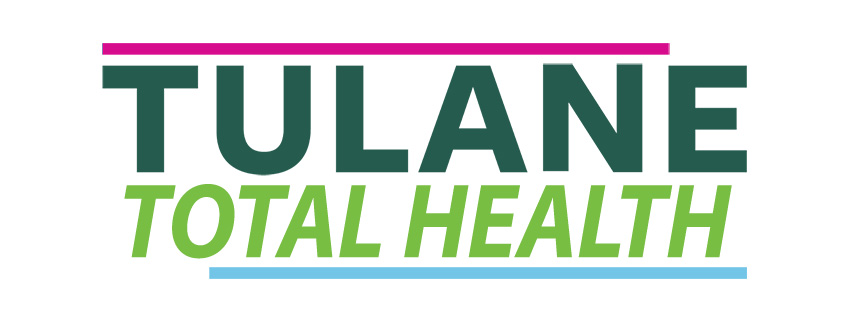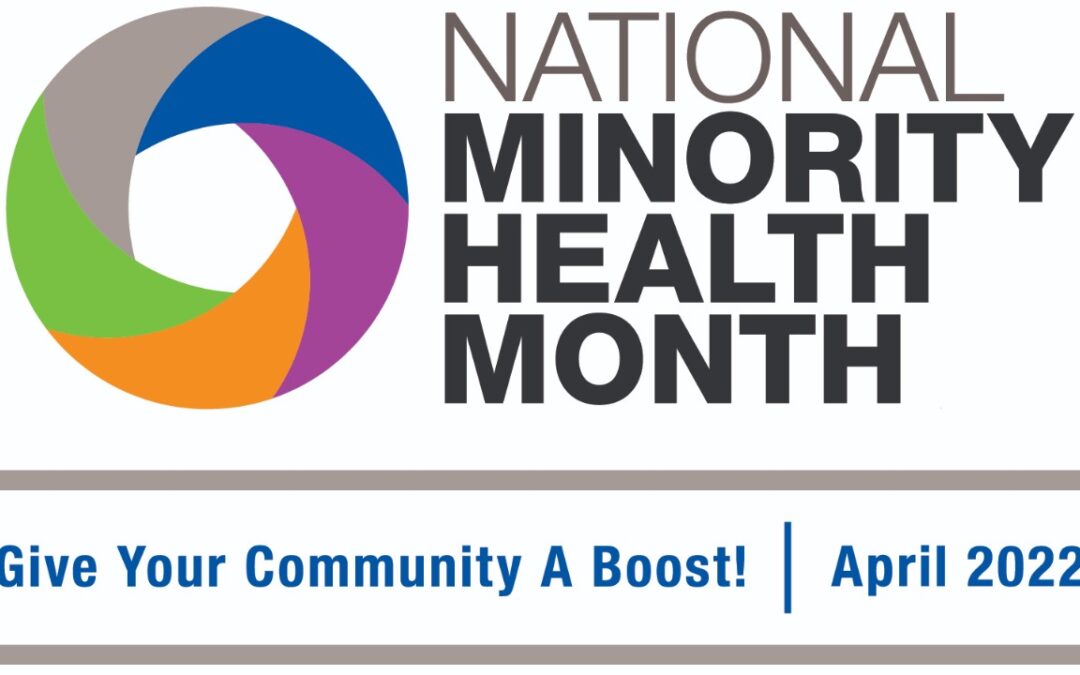National Minority Health Month is observed every April to underscore the importance of improving health outcomes for racial and ethnic minority groups. The theme for 2022 is Give Your Community a Boost!, which focuses on the continued importance of COVID-19 vaccines and boosters and looks at how the pandemic disproportionately affected communities of color. Jacquelyn Turner, MD, Vice Chair of Surgical Education and Section Chief for Colon and Rectal Surgery at Tulane University School of Medicine, says this month of awareness highlights the need to address health disparities in all fields of medicine.
“With colorectal cancer, for example, Black patients are often diagnosed at a later stage and are more likely to have a higher mortality from their cancer after being diagnosed,” said Turner. “There’s definitely an issue with access to care and educating the community about proper screening for cancer and other serious health issues.”
According to the Prevent Cancer Foundation, cancer impacts people of all races and ethnic groups, but it doesn’t affect everyone equally. Black and white women have similar breast cancer incidence rates, but Black women are 40 percent more likely to die of the disease. Hispanic men and women are twice as likely as their white counterparts to be diagnosed with and die from liver cancer.
Dr. Turner says improving health equity begins with understanding the social determinants of health and how longstanding systemic health and social inequalities have affected people from racial and ethnic minority groups. Recognizing implicit bias and actively working to stop microaggressions also leads to better health outcomes for patients.
“National Minority Health Month starts the conversation, it makes people aware,” says Turner. “Something I’ve noticed, especially in the last two years of the pandemic, is that we’re talking about health equity more and better recognizing how this affects all of us. I hope that recognition leads to action.”

